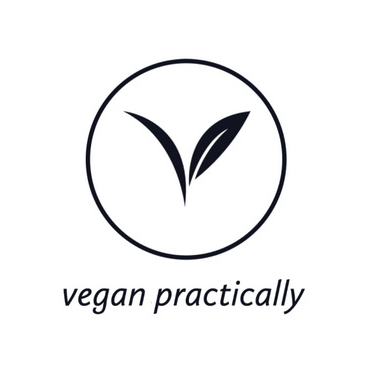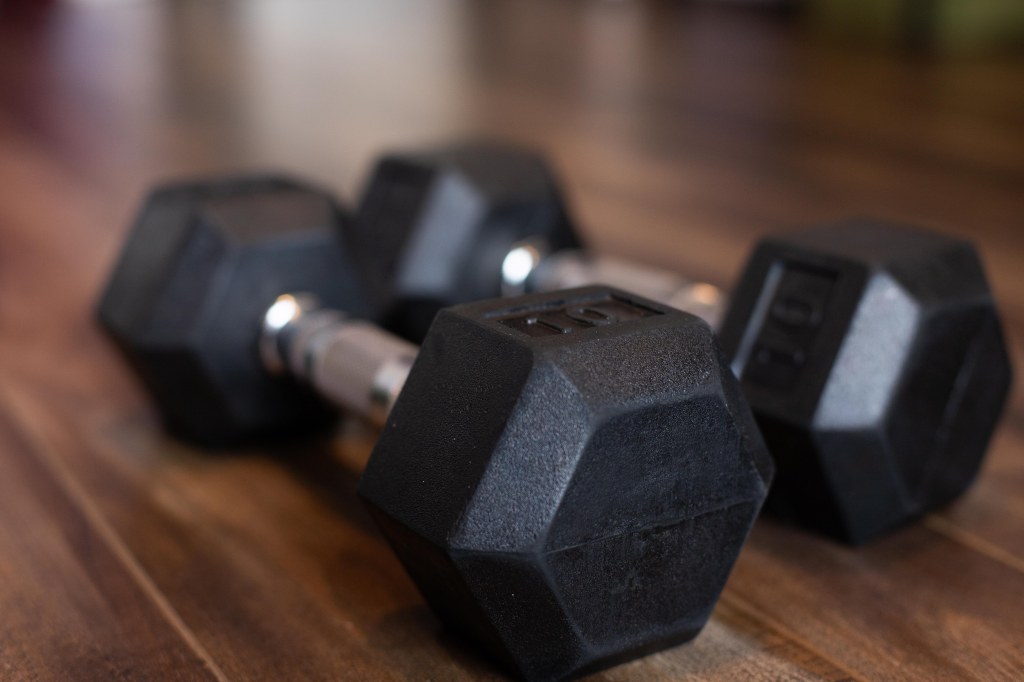Early into my veganism I co-founded a blog with my friend and colleague Samantha Brennan called Fit Is a Feminist Issue. The purpose of the blog at the time (blog established in 2012) was to try to articulate a feminist approach to fitness in a way that captured a decades-long conversation we had already been having. There’s lots of good content there and the blog is still going strong, with a solid core author-group, some guest authors, and two posts a day.
When we started the blog, we were approaching our 50th birthdays and, neither of us having ever been athletes in our lives, we embarked on what we came to call our “Fittest by 50 Challenge.” That challenge and some critical commentary on fitness culture is documented in our 2018 book Fit at Mid-Life: A Feminist Fitness Journey.
One of my fascinations when we were writing the blog, for obvious reasons, was stories of vegan athletes. With all the hand-wringing out there about where vegans get their protein, and with athleticism often perceived as requiring lots of protein to support healthy muscles, a lot of people think athletes can’t be vegan. In truth, they certainly can. Whether you’re an elite athlete (like Venus Williams, Novak Djokovic, or Chris Paul) or someone who incorporates athletic activity into their everyday routines, there is lots of evidence that eating a plant-based diet will support your physical needs just fine. Here’s a list of 17 vegan athletes from a range of sports.
My first encounter with a truly awe-inspiring vegan athlete was when I read ultra-runner Scott Jurek’s book, Eat and Run. It’s an ultramarathoner memoir that includes recipes. Marathons are 26 miles (or 42 kilometers). Ultramarathons are longer than that. As an ultramarathon runner, Jurek competes in races that are 50 to 150 miles long–the kind where people run through the night, sometimes in extreme conditions like the Badwater 135 that goes through Death Valley or the Marathon des Sables, described on its website as “a foot race, open to runners and walkers, with several stages, free style, and with food self-sufficiency over a distance of about 250 Km.” His book documents his transition through vegetarianism to a fully plant-based diet over a number of years, all the while training, running, and ultimately becoming a winning competitor in some of the most grueling footraces in the world.
Rich Roll’s Finding Ultra tells his story of a mid-life health crisis that pushed him to adopt a plant-based diet and start running. In short order, his new regime developed into a quest to complete five Iron-distance triathlons in seven days, each on a different Hawaiian island. An Iron-distance triathlon is: a 2.4 mile (3.9 km) swim followed by a 112 mile (180.2 km) bicycle ride followed by running a marathon (26.2 miles/42.2 km).
But it’s not only ultra-runners and ultra-triathletes who benefit from a vegan diet. NBA player Chris Paul has served as an example to his fellow-players that you can be a great professional athlete and plant-based. Steve Curry probably overstates the case when he says that “the vegan lifestyle has taken over the league,” but it’s good to know that it’s catching people’s attention. Former Team Canada soccer player Kara Lang and the US National team’s Alex Morgan both eat fully plant-based diets.
Paralympian runner Elena Congost and paralympian rower and cyclist David Smith both attribute their high level of fitness to their plant-based nutrition plans. Smith says, “I am 100% Plant Based and feel it has not only had a massive impact on my sporting performance, but more importantly my health and the health of the planet.” Congost was skeptical about being able to keep up her training intensity when her naturopath recommended a vegan diet. But, she says, “I tried it and it was the opposite, I had more energy, vitality and I felt super good. I started to feel much better and the workouts were superb. Then, when you find out what the food industry does to animals, you just convince yourself to continue with the lifestyle.”
Back when I was blogging more regularly for Fit Is a Feminist Issue, I wrote about veganism and muscle in a post called, “Can an Ethical Vegan Gain Muscle? Yes!” And a few years ago I blogged about the extremely popular Netflix documentary, Gamechangers, which got the plant-based part right but didn’t do as well (in my view) tackling “bro’ culture” in sport, which really lies at the root of so much emphasis on meat-eating (it’s what “real men” eat, right?). That, coupled with the equation of protein with meat-eating also contributes to the preoccupation non-vegans have with where vegans get their protein (which is sort of ironic considering that, when non-vegans have to find a way to feed vegan guests, protein is the last thing on their minds).
You don’t have to be an elite athlete running ultramarathons or playing professional tennis or basketball to benefit from a plant-based diet. That said, that is not the main reason to adopt a vegan lifestyle. I’m all for any claims you want to make about how healthy it is and how easy it is to follow a nutritionally adequate, even excellent, eating plan as a vegan. But that is not the main reason to do it. It is the best way to reduce your contribution to animal cruelty, which is endemic in factory farming — the source of 99% of the animal products consumed globally. And it is an effective way to reduce your carbon footprint.
And you can be healthy and support whatever level of activity works for you. On balance then, given that there are reasonable and tasty plant-based options for people wanting to live active lifestyles or even enter professional sports, needing to support athletic pursuits is not a reason to continue eating animal products.
If you’re interested in reading about more vegan athletes, check out the website Great Vegan Athletes for an ever-growing list that includes interviews with the individuals about their choice.


Leave a comment